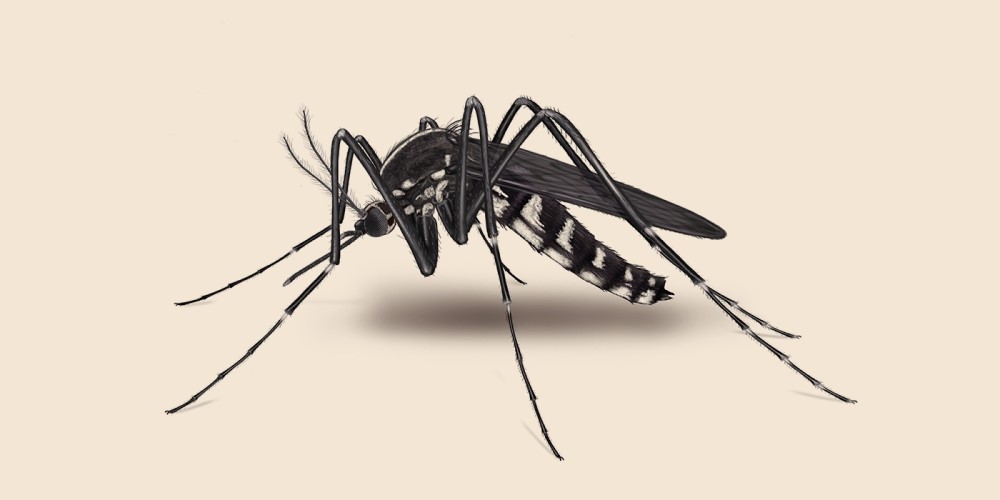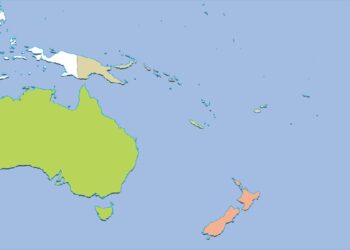Mosquitoes are small, flying insects that feed on blood. They can be annoying, itchy, and sometimes dangerous. Mosquitoes can transmit various diseases, such as malaria, dengue, yellow fever, Zika, and West Nile virus, to humans and animals. These diseases can cause serious illness and even death. Therefore, it is important to protect yourself and your family from mosquito bites, especially when you live in or travel to areas where mosquitoes are common or where these diseases are present.
Here are some tips and strategies to help you protect yourself from mosquitoes and the diseases they can carry.
1. Use insect repellents
One of the most effective and proven ways to prevent mosquito bites is to use insect repellents. Insect repellents are substances that repel or deter mosquitoes from landing on or biting your skin. They can be applied to your skin, clothing, or gear, depending on the product and the instructions. There are many types and brands of insect repellents available in the market, but not all of them are equally safe and effective. It’s recommended to use insect repellents that contain one of the following active ingredients:
- DEET
- Picaridin
- IR3535
- Oil of lemon eucalyptus (OLE)
- Para-menthane-diol (PMD)
- 2-undecanone
These ingredients have been tested and evaluated for their safety and efficacy, even for pregnant and breastfeeding women. They can provide protection from mosquito bites for several hours, depending on the concentration and the product. When using insect repellents, you should always follow the product label instructions carefully. Some general tips are:
- Apply insect repellents only to exposed skin and clothing. Do not apply them under clothing or on wounds, cuts, or irritated skin.
- Avoid spraying insect repellents directly on your face. Instead, spray them on your hands and then apply them to your face, avoiding your eyes, mouth, and nose.
- Reapply insect repellents as directed, especially after sweating, swimming, or wiping your skin.
- Wash your skin and clothing with soap and water after returning indoors or after the protection time has ended.
- Store insect repellents out of the reach of children and pets, and away from heat and flames.
2. Wear protective clothing
Another way to prevent mosquito bites is to wear protective clothing that covers your arms and legs. This can reduce the amount of skin that is exposed to mosquitoes and that can be bitten. Protective clothing can also be treated with insecticides, such as permethrin, that can kill or repel mosquitoes that land on them. Some tips for wearing protective clothing are:
- Choose clothing that is light-colored, loose-fitting, and thick enough to prevent mosquito bites. Mosquitoes are attracted to dark colors and can bite through thin or tight clothing.
- Wear long-sleeved shirts and long pants, and tuck your shirt into your pants and your pants into your socks. This can create a barrier between your skin and mosquitoes.
- Wear shoes, boots, or socks that cover your feet and ankles. Mosquitoes can also bite your feet and ankles, especially if you are wearing sandals or flip-flops.
- Wear hats, caps, or scarves that cover your head and neck. Mosquitoes can also bite your head and neck, especially if you have short hair or no hair.
- Wear gloves, mittens, or wristbands that cover your hands and wrists. Mosquitoes can also bite your hands and wrists, especially if you are using them to swat or scratch mosquitoes.
- Treat your clothing and gear with permethrin, an insecticide that can kill or repel mosquitoes. You can either buy clothing and gear that are already treated with permethrin, or treat them yourself by following the product instructions. Do not use permethrin products directly on your skin.
3. Avoid outdoor activities at peak mosquito times
Another way to prevent mosquito bites is to avoid outdoor activities at peak mosquito times, when mosquitoes are most active and likely to bite. This can vary depending on the type and location of mosquitoes, but generally, mosquitoes are most active during dusk and dawn, and in humid and shady areas. Some tips for avoiding outdoor activities at peak mosquito times are:
- Plan your outdoor activities during the day, when mosquitoes are less active and less likely to bite. If you have to be outdoors during dusk and dawn, try to stay in well-lit and breezy areas, where mosquitoes are less attracted and less able to fly.
- Avoid areas where mosquitoes breed and thrive, such as wetlands, marshes, ponds, lakes, rivers, and streams. These areas have stagnant or slow-moving water, where mosquitoes lay their eggs and where their larvae and pupae develop. If you have to visit these areas, try to wear protective clothing and use insect repellents.
- Avoid areas where mosquitoes feed and rest, such as woods, forests, gardens, parks, and fields. These areas have plants, flowers, and animals, where mosquitoes find their food and shelter. If you have to visit these areas, try to wear protective clothing and use insect repellents.
4. Eliminate mosquito breeding sites
Another way to prevent mosquito bites is to eliminate mosquito breeding sites, where mosquitoes lay their eggs and where their larvae and pupae develop. Mosquitoes can breed in any container or surface that can hold water, such as buckets, barrels, cans, bottles, cups, pots, trays, tires, toys, pools, birdbaths, fountains, gutters, drains, and trash. By removing these sources of water, you can reduce the number of mosquitoes around your home and your community. Some tips for eliminating mosquito breeding sites are:
- Once a week, empty and scrub, turn over, cover, or throw out any items that can hold water, both indoors and outdoors. This can prevent mosquitoes from laying eggs and from hatching into larvae and pupae.
- Drill holes in the bottom of any containers that are used for recycling or storing water, such as barrels, buckets, and cans. This can prevent water from accumulating and stagnating in them.
- Clean and maintain any water features, such as pools, ponds, fountains, and birdbaths. This can prevent water from becoming dirty and contaminated, which can attract mosquitoes. You can also add chlorine, salt, vinegar, or mosquito fish to the water, which can kill or repel mosquitoes and their larvae and pupae.
- Clear and unclog any gutters, drains, pipes, and hoses. This can prevent water from collecting and pooling in them, which can create mosquito breeding sites.
- Repair any leaks, cracks, or holes in your walls, roofs, windows, doors, and screens. This can prevent water from seeping and dripping into your home, which can create mosquito breeding sites.
Conclusion
By following these tips and strategies, you can protect yourself and your family from mosquito bites and the diseases they can carry. You can also help to reduce the population and the spread of mosquitoes, and to improve the health and the environment of your home and your community. Remember, your only protection against mosquitoes and the diseases they can carry is to avoid mosquito bites.

































































































































































































